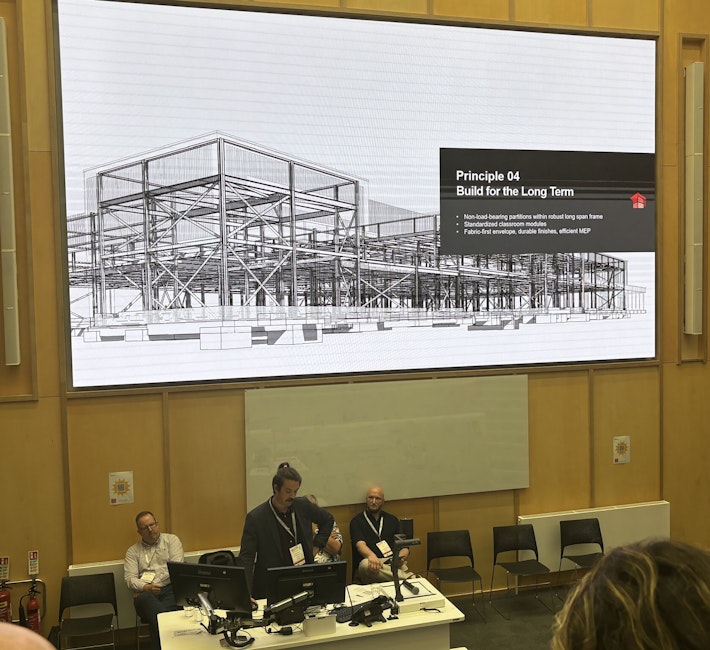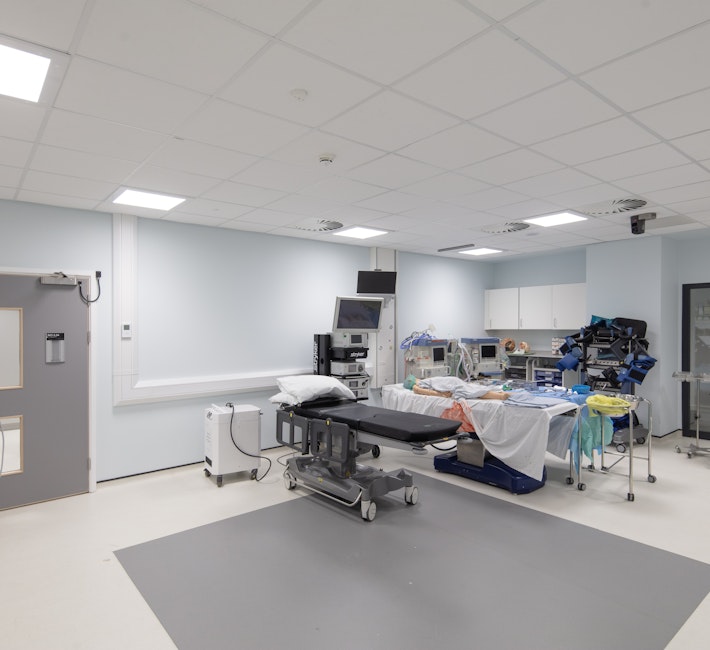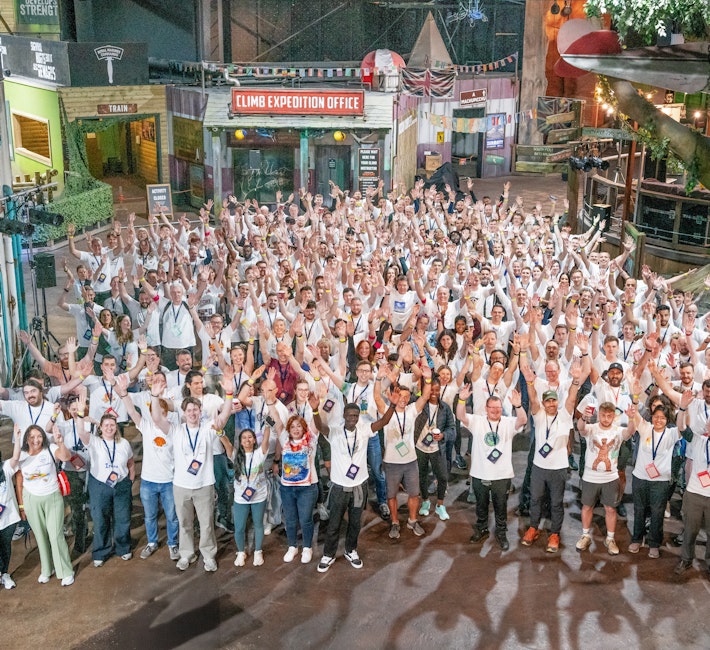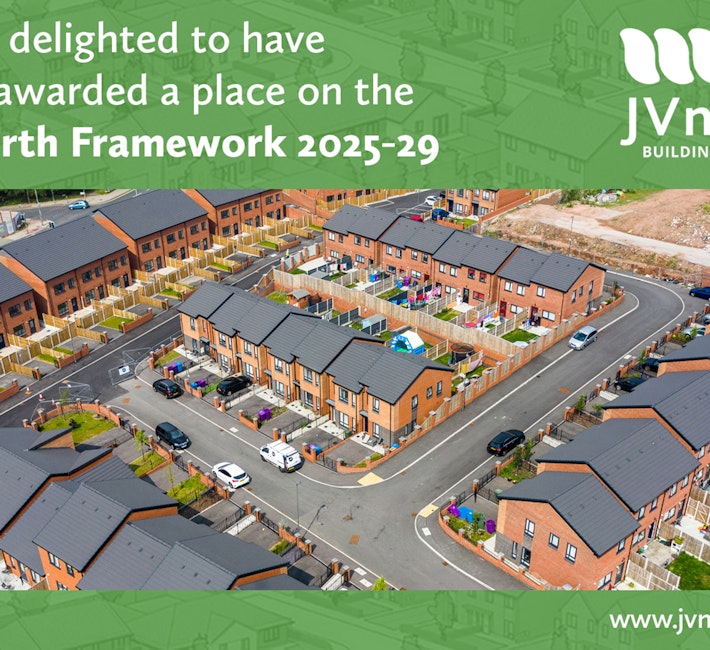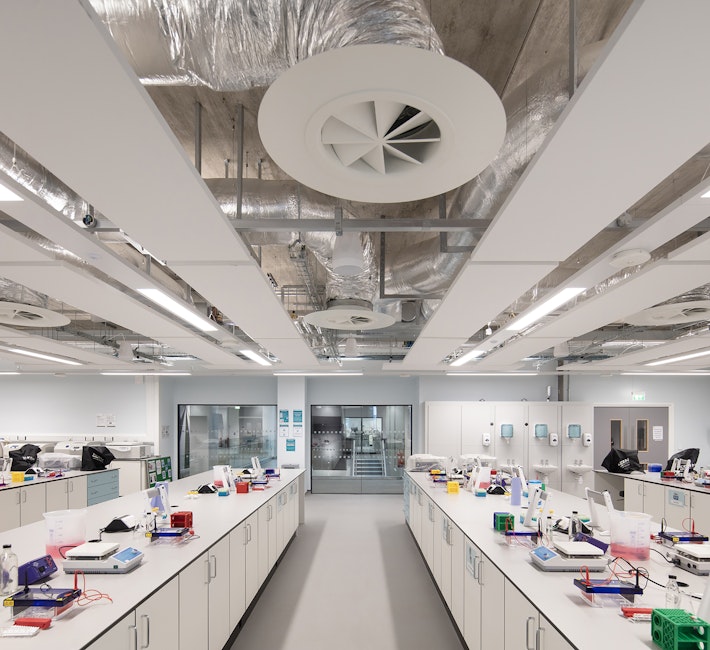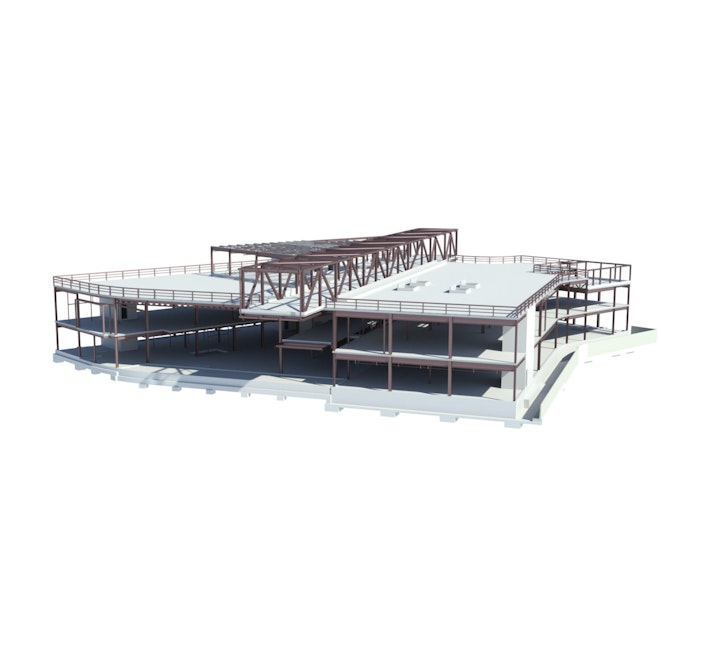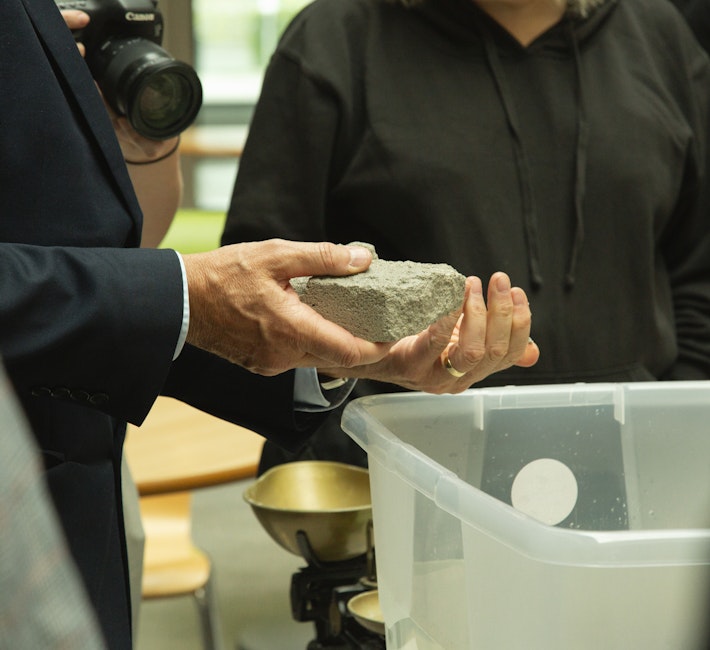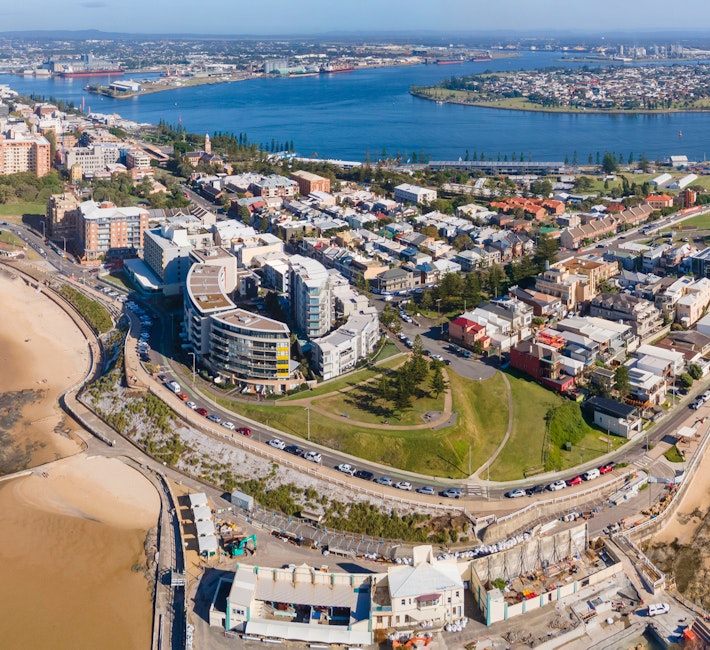Designing for Every Learner: Ysgol Robert Owen and the Future of ALN Education Spaces
Samuel McCourt, Associate at Curtins, recently gave a presentation at Education Building Wales alongside Wynne Construction and Lovelock Mitchell Architects. Together, they showcased the Ysgol Robert Owen project, an innovative Additional Learning Needs (ALN) school based in Newtown, Powys.
